Iranians of all backgrounds have together built Iran, regardless of their personal opinions, religion, or ethnicity. In a series of reports, IranWire looks at prominent personalities from Iran’s ethnic and religious minorities who made major contributions to the country’s progress. If you know of such figures and their services to Iran, you can share it with us by emailing [email protected].
Nosrat Pezeshkian, the Iranian neurologist and psychotherapist who founded the Wiesbaden Psychotherapy Academy, Wiesbaden Psychotherapy Clinic, the German Society of Positive Psychotherapy and the Academy for Psycho-Family Therapy as well as the non-profit Foundation for the Development of Peace and Conflict Research, was Born in Kashan in Iran’s Isfahan province on June 18, 1933.
His father was a pharmacologist and a physician. Nosrat followed the family’s medical tradition and in 1954, when he was 21, he went to Germany to study brain surgery and neurology. After completing his studies in neurosurgery, he studied psychotherapy.
Beginning in 1968, Dr. Pezeshkian and his coworkers in Germany developed a psychotherapeutic method called positive psychotherapy based on a positive conception of human nature. The method supported clients to use their inner resources to overcome challenges, understand and recognize areas of growth, and build resilience and a greater sense of wellbeing. This method was “culture-sensitive,” in other words, drawing on cultural context, and one of its techniques involved using stories or fables to assist patients in their healing.
In the 1970s, Dr. Pezeshkian began lecturing and teaching at various universities. At the same time, his first book, Positive Psychotherapy of Everyday Life (1974), a self-help guide for individuals, couples and families with 250 case stories, was published. Throughout his career, he wrote 26 books, mostly in German but some in English and other languages, including Positive Psychotherapy (1977), Oriental Stories as Techniques in Positive Psychotherapy (1979) and Positive Family Therapy (1980). He also wrote over 260 articles in professional journals and many of his works were translated into other languages.
The methodology of positive psychotherapy went beyond the usual simplistic language about “positive thinking”. For instance, in his book Oriental Stories as Techniques in Positive Psychotherapy, Pezeshkian used these stories to delve deep into human psychological and emotional conflicts and the lessons that the stories offer readers and psychotherapy patients. “I started with two stories 40 years ago, and now I have gathered more than 800 stories that can be used in handling various illnesses such as fear, depression, anger, jealousy, migraines, insomnia, ophthalmia, allergies, asthma, rheumatism and marital and educational problems,” Pezeshkian wrote.
Dr. Pezeshkian gave these stories and fables to his patients to read and encouraged them to write their own learnings and insights. He then used these written responses to guide his treatments.
Working until 2006, Dr. Pezeshkian also taught over the course of his career around 38,000 medical students in psychology and psychotherapy.
Pezeshkian was a Baha’i – but he denied that the persecution of Baha’is in iran was his reason for living abroad. “I used to go to Shiraz and work at mental hospitals … I hope that the situation in Iran concerning religion and faith will improve so that we can elevate our worldview … We can learn things from everybody.”
He introduced the concept of transcultural psychotherapy in the 1980s. In the same decade, he held many seminars outside Germany and visited more than 60 countries around the world with his wife Manijeh.
In the 1990s, with the end of the Soviet Union, positive psychotherapy attracted a great deal of attention in central and eastern Europe, in countries that were emerging from Communism and were changing rapidly through new social and political freedoms. More than 30 positive psychotherapy clinics outside Germany were founded during this decade.
The Pezeshkian Foundation and the International Academy for Positive and Transcultural Psychotherapy were founded by Nosrat Pezeshkian and his wife Manijeh in 2005. National positive psychotherapy associations were also formed in Bulgaria, Germany, Kosovo, Romania, Russia, Romania, Turkey and Ukraine, and positive psychotherapy centers were founded in Albania, Austria, Azerbaijan, China, Cyprus, Ethiopia, Macedonia, and Poland. In 2005, the University of Santa Cruz in Bolivia offered a master’s degree in positive psychotherapy.
Until his death, Dr. Pezeshkian was the head of the International Academy for Positive and Transcultural Psychotherapy, president of the World Association for Positive Psychotherapy, and the Honorary President of the German Association for Positive Psychotherapy.
He received numerous honors and awards, including the Order of Merit, Distinguished Service Cross of the Federal Republic of Germany in January 2006. This Order is Germany’s highest honor for citizens who made distinguished services and achievements in social-economic, political and spiritual fields.
Also in the same year, the Association of Iranian Physicians and Dentists in Germany honored Pezeshkian and two other nominees for their significant scientific contributions to medicine and global public health. This award was named after Ibn Sina, commonly known in the West as Avicenna, the great 11th-century Iranian physician and polymath.
Dr. Pezeshkian passed away on April 27, 2010. He is buried in Wiesbaden-Sonnenberg in Germany, and his grave was recognized by the Wiesbaden City Council on 17 March 2023 as a “grave of honor”.
visit the accountability section
In this section of Iran Wire, you can contact the officials and launch your campaign for various problems




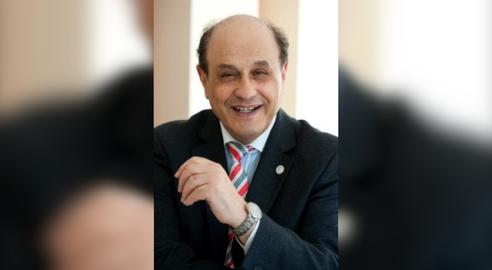





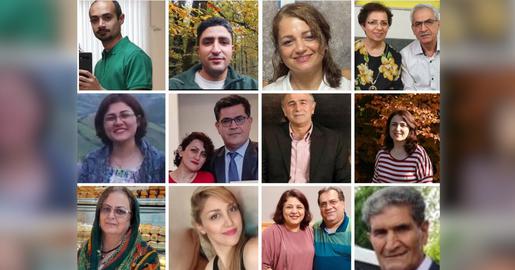
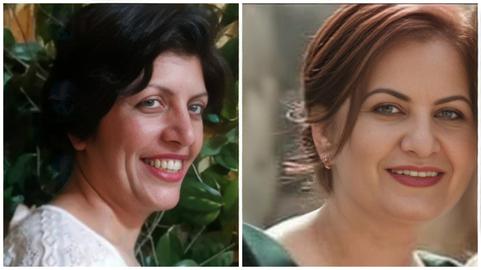

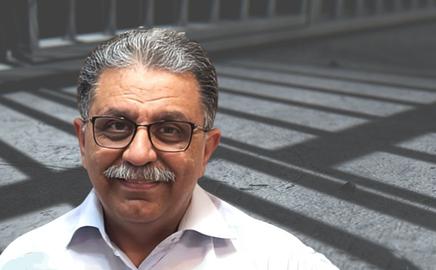

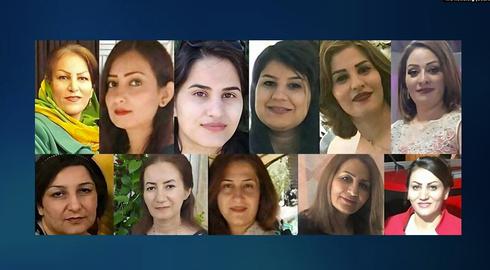
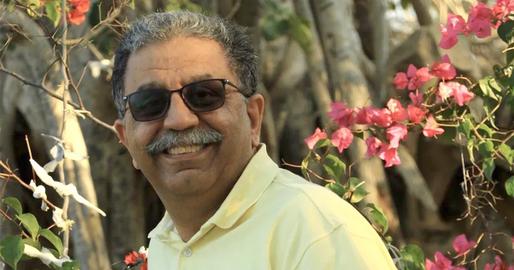



comments